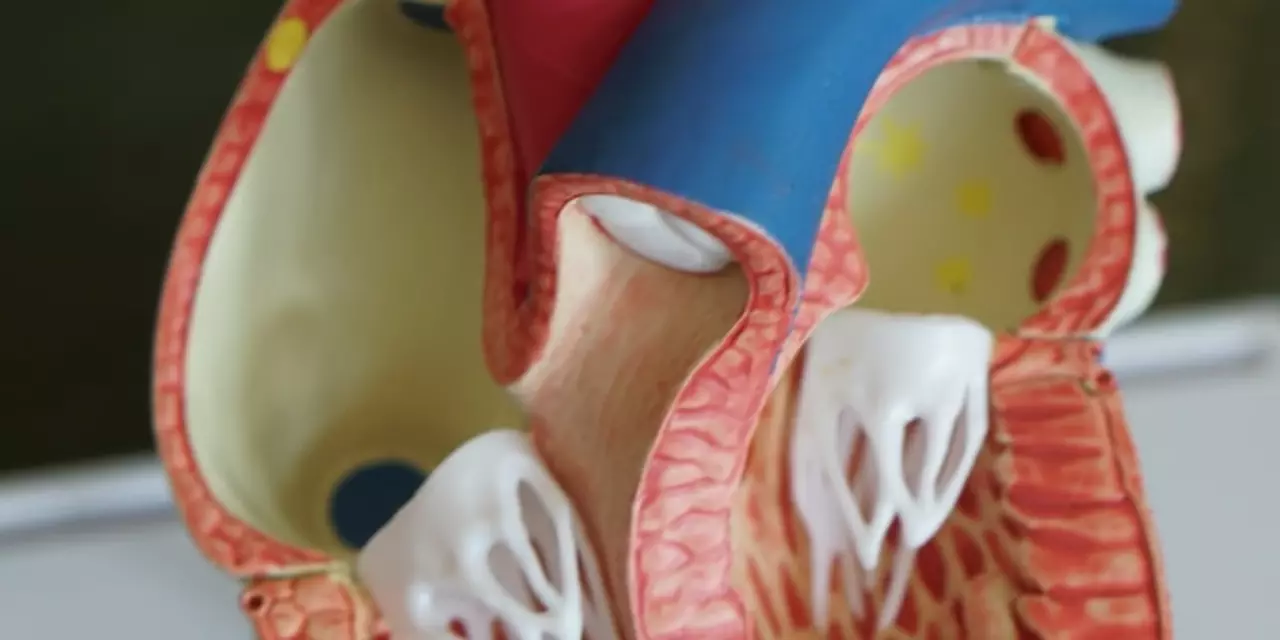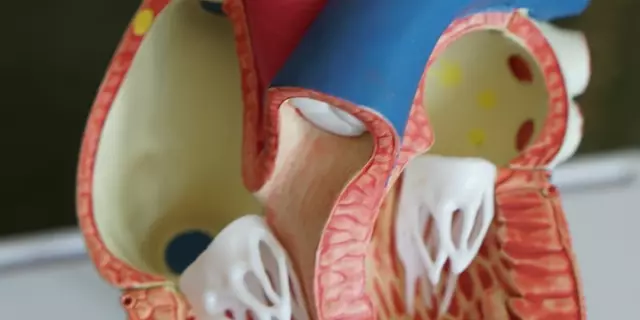Warning Signs: Spotting Trouble Early in Sports and Fitness
Ever felt that something’s off during a game or workout but brushed it aside? Ignoring the little cues can turn a minor ache into a serious setback. Below we break down the most common warning signs you should never ignore, whether you’re a player, a coach, or just a fan who wants to keep the team safe.
Physical Red Flags You Can Feel
First up, listen to your body. A sharp pain that spikes when you move, lingering soreness that won‘t fade after a rest day, or sudden swelling are all classic alarm bells. If you notice a joint feeling unstable – like your knee giving way when you sprint – it’s a sign of possible ligament strain. Persistent fatigue that doesn’t improve after a good night’s sleep can also point to overtraining or an early-stage injury.
Another easy-to‑miss signal is a change in range of motion. If you can’t lift your arm as high as usual or your ankle feels stiff after a run, it could indicate a micro‑tear that needs attention. Keep a simple log of any new discomfort; patterns are easier to spot than isolated incidents.
Mental and Behavioral Indicators
Physical symptoms are only half the story. A sudden loss of motivation, increased irritability, or a feeling of dread before training often hints at mental burnout. Athletes who start skipping warm‑ups, ignoring nutrition, or withdrawing from teammates may be sending a silent SOS.
Watch for changes in performance that aren’t linked to skill level. If you’re consistently missing shots you’d normally nail, or your reaction times feel slower, the brain is likely telling you something is off. Stress, lack of sleep, or even early signs of concussion can manifest as reduced focus.
Coaches and teammates play a big role here. A quick check‑in after practice – “How’s your neck feeling?” or “Did you sleep well?” – can surface issues before they snowball.
Overall, the key is to treat every odd feeling as a potential warning sign. A short pause to assess pain, fatigue, or mood can save weeks or months of recovery time. Use these simple questions after each session: Was there any sharp pain? Did I feel unusually tired? Am I motivated to train?
When you answer yes to any of them, talk to a trainer, physio, or medical professional right away. Early intervention is cheaper, faster, and keeps the love for the sport alive.
Remember, spotting warning signs isn’t about being overly cautious – it’s about staying in the game longer and playing at your best. Keep an eye on your body, mind, and habits, and you’ll catch problems before they become emergencies.





